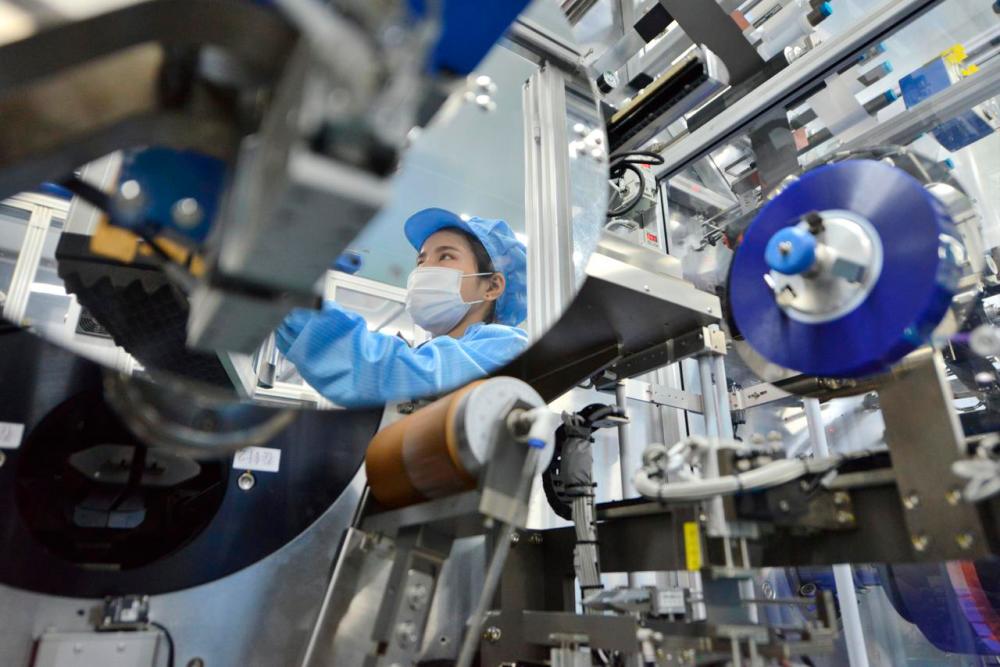PETALING JAYA: Growth in the services sector in the first quarter is expected to be impacted significantly by declines in the transport & storage and wholesale & retail trade sub-sectors given the lower business/economic activity and declining trade volume.
Affin Hwang Capital Research said as a result, it expects the country’s real GDP growth to decline sharply from 3.6% yoy in 4Q’19 to -4% for 1Q’20, reflecting the sharp contraction in domestic demand and weak exports.
“The manufacturing sector will likely be weighed down by weaker overseas demand for Malaysia’s manufactured goods especially in export-oriented industries.
“A sharp slowdown has already been reflected in Malaysia’s manufacturing PMI, which fell to 48.4 in March (48.5 in February). With quarantines and containment measures in other countries as well, the closure of factories will weigh on Malaysia’s manufacturing sector,” it said.
As such, the research house expects real GDP growth to contract by 3.5% for 2020, as the outbreak will likely continue to weigh on tourism-related sectors as well as services and manufacturing sectors in the second half.
“Exports are also likely to be dampened by weakness in nominal exports from key export commodities,” it said.
On Monday, it was reported that Malaysia’s industrial production index (IPI) rose by 5.8% year-on-year (yoy) in February from 0.6% in January, due to a rebound in mining output, which rose by 6.1% yoy in February from a decline of 3.9% in January.
Growth in the manufacturing output also rose strongly to 5.6% yoy (2.2% in January), supported by steady growth of both domestic-oriented and export-oriented industries during the month.
For export-oriented industries, output of petroleum, chemical, rubber and plastic products rose by 6.3% yoy in February, due to higher production in all its subcomponents.
In a separate note, PublicInvest Research said industrial activities are projected to slow in the next few months due to Covid19, compounded by economic standstills in our major trading partners following the surging of Covid-19 cases in their countries.
“Demand for our manufacturing products, our biggest component in IPI, may take a hit. Recovery period post-Covid-19, could be long and uncertain given the absence of a vaccine for the virus,” it said.
It also noted that while the government was quick to roll-out very accommodative fiscal and monetary plans to soften the impact, the outlook is still uncertain and this will affect both the consumer and business confidence.
“Negative output gap may continue and could widen as long as the vaccine for coronavirus is not available. This may take quite some time given the best estimates to produce one in October or in 18 months’ time in a worst-case scenario,” it said.
Other key risks are the escalating number of Covid-19 cases globally, the extended period of the movement control order and the uncertainty when it will be lifted and the new deeper Opec+ supply cut agreement, which will take a toll on mining output.













